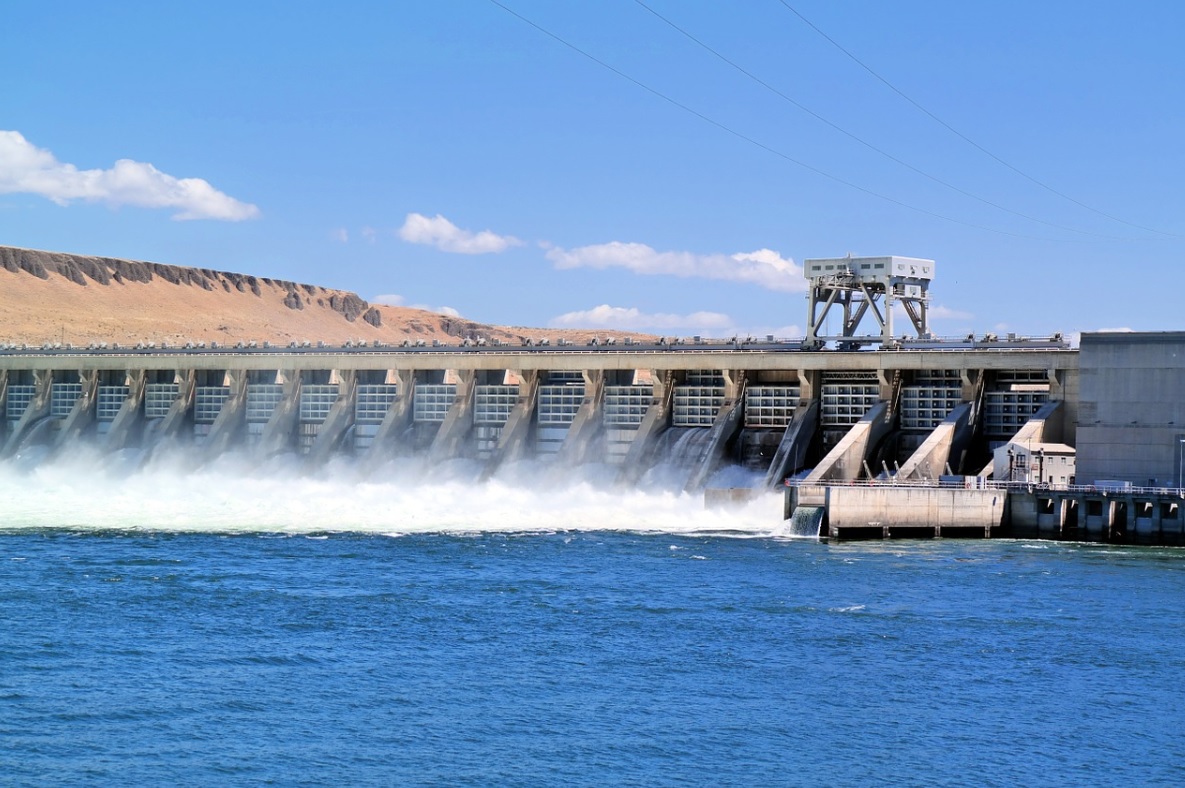Brazil power industry makes new hydro push despite environmental concerns
Brazil's energy industry is making a fresh push to build new hydroelectric plants as a complement to surging solar and wind power projects, although a history of environmental concerns may pose political hurdles. More than half of Brazil's power generation already comes from hydro plants, but it has been five years since the industry finished its last major dam - the controversial Belo Monte complex in the northern state of Para.

- Country:
- Brazil
Brazil's energy industry is making a fresh push to build new hydroelectric plants as a complement to surging solar and wind power projects, although a history of environmental concerns may pose political hurdles.
More than half of Brazil's power generation already comes from hydro plants, but it has been five years since the industry finished its last major dam - the controversial Belo Monte complex in the northern state of Para. That project drew fierce opposition from environmentalists for its impact on the Amazon rainforest and Indigenous communities, some of which were displaced by flooding and other consequences for the Xingu River.
Belo Monte was one of the "mega dams" greenlit during President Luiz Inacio Lula da Silva's previous term over a decade ago, triggering backlash and contributing to Environment Minister Marina Silva leaving his government in 2008. Now, with both Lula and Silva back in their old jobs, industry groups and senior government officials are pushing for new hydropower projects, touting them as a way to offset more volatile renewable energy sources.
Mines and Energy Minister Alexandre Silveira is among those advocating for Brazil to consider new large dams of the kind the country has "abandoned" despite abundant water resources. Along with Belo Monte, Brazil is home to Itaipu, the world's second-largest hydroelectric dam, and Amazonian hydro plants such as Jirau and Santo Antonio, both mega dams built in the past two decades.
In addition to environmental blowback, hydro dams have faced stiffer competition in recent years from solar and wind power, whose projects are cheaper and easier to implement. Still, the reliance on sun and wind creates sharp swings in output over the course of the day, leaving an opening that industry leaders hope to address with new hydroelectric generation. "We could go back to working on new hydroelectric plants, very carefully," said Marisete Pereira, head of power generation group ABRAGE. "That way we could count on these resources to guarantee the security of our energy system."
Brazil now has at least seven hydroelectric power projects with pending studies, which ABRAGE said it believes could be resumed in coming years, offering around 2.4 gigawatts (GW) in capacity. Instead of new mega dams, companies are proposing pumped-storage hydro plants, or "reversible" dams, which are far smaller and do not require large reservoirs. That model could smooth out the daily peaks of output from wind and solar farms.
"They can pump water to an upstream reservoir when power prices are cheap during the day and generate power later, when demand is greater and prices are more expensive," said Engie Brasil director Gil Maranhao Neto. "But we still lack regulation for that." Such plants can offer up to 300 megawatts (MW) of capacity, compared to Belo Monte's 11.2 GW.
Another even lower-impact option are so-called small hydro generators with capacity of 5 MW to 30 MW each. Lingering memories of political fallout, however, could keep the government wary, especially as Lula has staked his global reputation on defending the environment.
"The socio-environmental risks are still here, the same as before (when Belo Monte was built)," said Ricardo Baitelo, a coordinator of environment and energy non-profit think tank IEMA. "And there are the political costs, which I think are even bigger now."
(This story has not been edited by Devdiscourse staff and is auto-generated from a syndicated feed.)
ALSO READ
Young Brazilian Sensation Joins Saudi Pro League
Brazil's Leader on the Mend: Lula's Health Progress
Brazilian Expertise Unravels Kazakh Aviation Tragedy
Brazil: Remembering the Siege – A Year of Reckoning
Indonesia is admitted as a full member of the BRICS bloc of developing economies, presiding country Brazil announces, reports AP.










